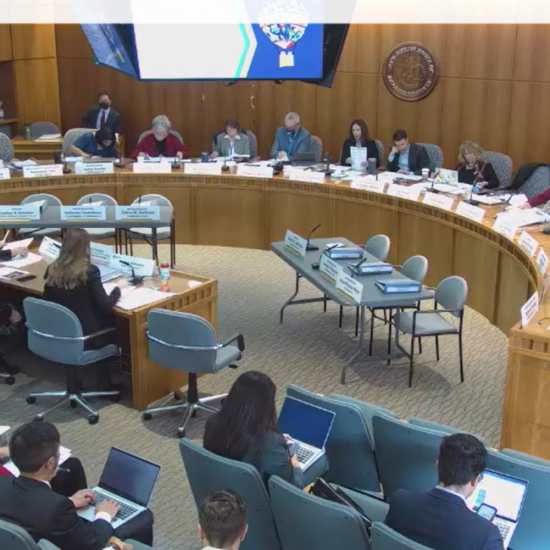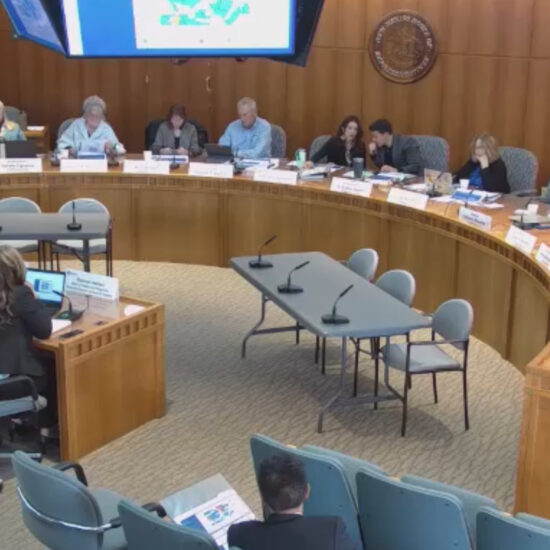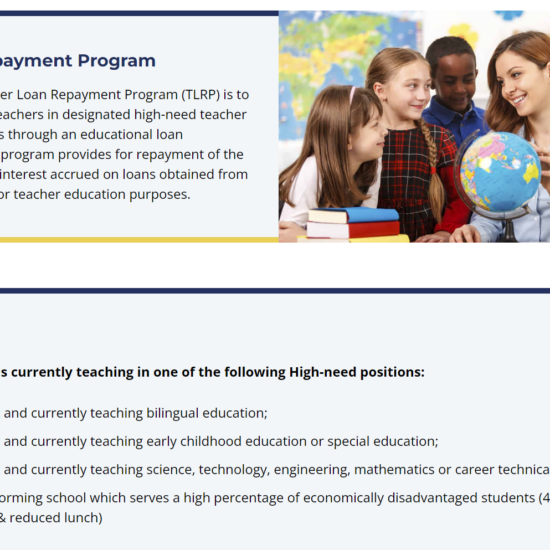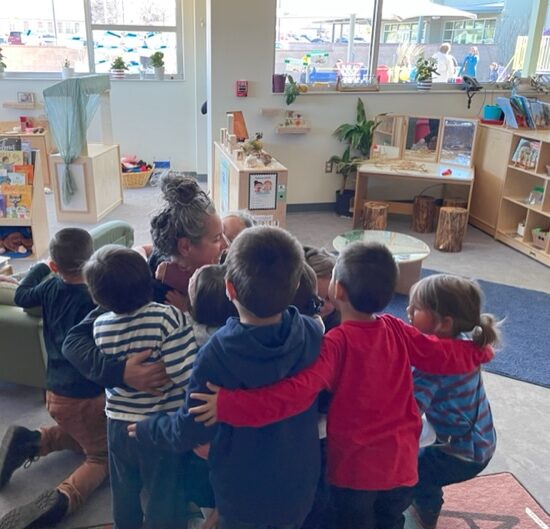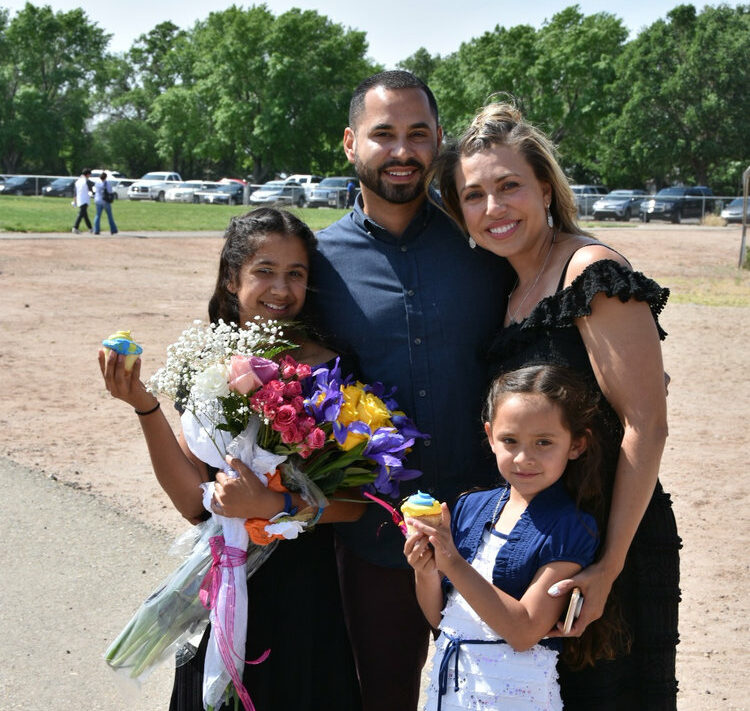
Full Name: Christopher Rey Jones
Hometown: Albuquerque, NM
Current City: Albuquerque, NM
Grade(s)/Subject(s) Previously Taught: Executive Director
School and District: La Promesa Early Learning Center Charter School
Let’s start with the basics about you. Where and how did you grow up? What kinds of schools did you attend?
I grew up in Albuquerque’s university area in a lower middle class, two-parent home made up of loving and supportive parents, as well as one older brother who helped shape who I am today. Like many teenagers growing up in Albuquerque, I encountered challenges and roadblocks along my journey to adulthood. Fortunately, I had a committed mom who put her kids first; she kept my brother and I busy playing baseball and basketball. For 13 years, I attended three schools which are part of Albuquerque Public Schools: Bandelier Elementary, Wilson Middle, and Albuquerque High School.
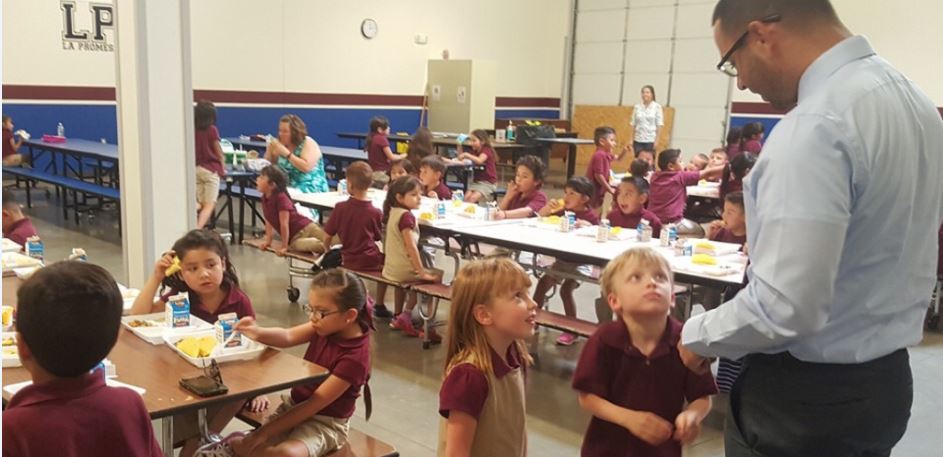
Ah, a fellow Burqueño. How did you get into education in the first place? And what is your “why” that keeps you here?
My mom helped open my eyes to the value of teaching. She was an educational assistant (EA) for twelve years. I visited her classroom often and loved the interaction I had with students. After earning a degree in business from UNM and working in an office, I found my way back to the classroom where I began my career, also as an EA. There is no better feeling than impacting the life of a child. It sounds cliche, but when that spark ignites in students and positive impactful relationships are built, those things warm my heart and give my life purpose.
What are the beliefs, behaviors, or habits, that have most positively impacted your leadership?
Shared leadership is essential. Without my office staff and teacher leaders, I would have very little success as head administrator. In 2015-2016 I served as the director of digital learning for APS. Paul Romero, former CTO, and Don Moya, former CFO, were two influential leaders I learned a lot from. Both men shared the belief that the status quo was inadequate and unacceptable; both were proponents of true innovation in education. I’ve studied John Kotter’s eight-step process for leading change and, as a head administrator, I employ Kotter’s steps to help get all arrows pointed in the same direction.
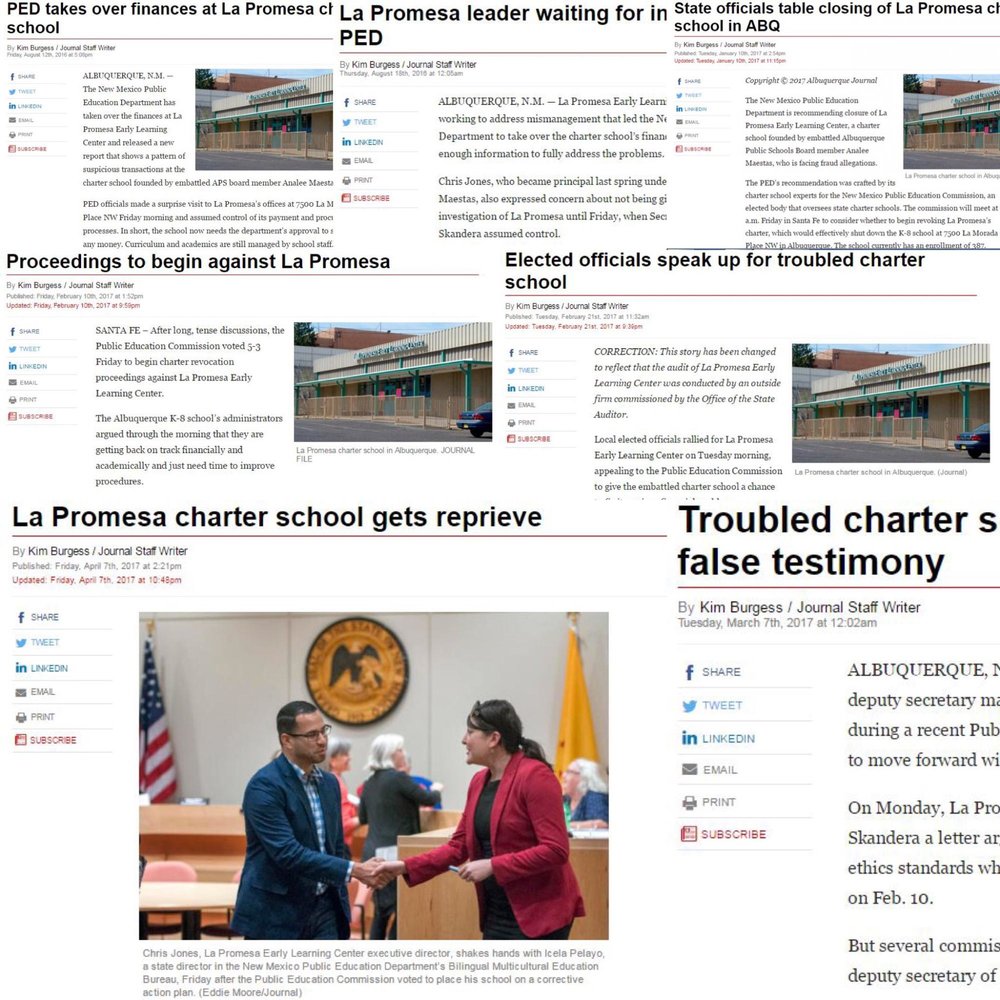
You’ve been at La Promesa through some sizable challenges. Will you share more about those challenges and also what gives you optimism?
La Promesa has certainly faced our share of challenges. Since August 2016 our school has: lost its board of finance; turned over our governance council and foundation due to mass exodus; struggled with poor academic performance; gone under a corrective action plan that called for immediate closure and charter revocation proceedings; discovered potential fraud and embezzlement; went through a lawsuit due to alleged sexual abuse by a contracted substitute; and cooperation with an official FBI investigation.
My optimism comes from my belief that nothing is impossible. I am a fiery Albuquerque kid after all! Our staff, students, and families breathe oxygen into my body when discouragement sets in. I do this work for them and also for my own two beautiful daughters I hope will one day look back at all of this with great pride and an unshakable resilience of their own.
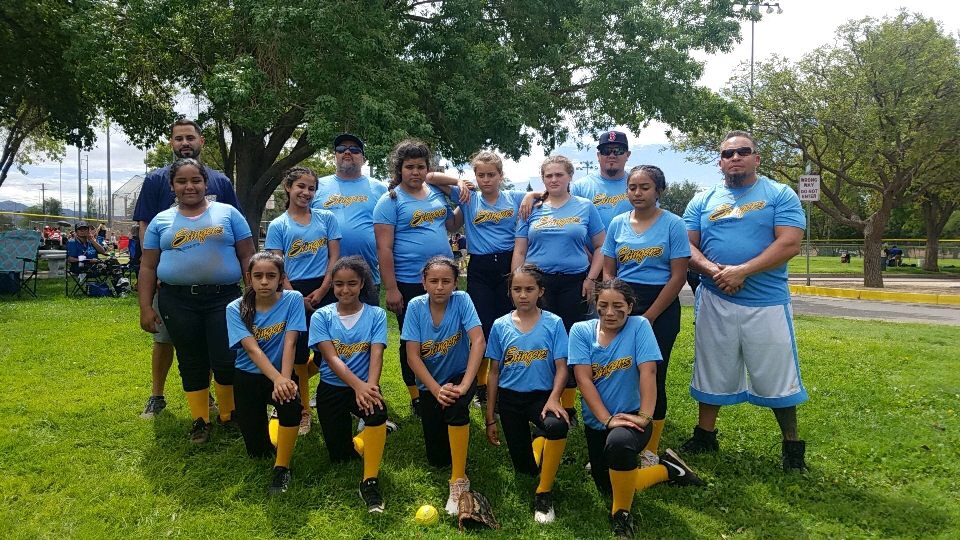
La Promesa offers a unique model and approach. Share more about what makes La Promesa one-of-a-kind and how you see that model growing?
La Promesa offers students a dual language 50:50 immersion program. Students receive Language Arts, Science, and English Language Development instruction in English and Spanish Language Arts, Math, and Social Studies instruction in Spanish. We offer families a small school atmosphere with many supports and opportunities for parental involvement.
The following are available to students and families at no cost: transportation; uniforms; breakfast, lunch, and snack; after school program; dental, vision, and hearing screenings; English as a Second Language classes for parents; and on-site mental health counseling through a partnership with ABQ Counseling. This year we were named to the top ten charter list for math growth between 2015-2018; exceeding the state English language proficiency average, and; increased our school letter grade by 27 points (since 2016), missing a “B” grade by one-tenth of a point. Our plan moving forward is to refine our bilingual program, infuse digital learning, and integrate career and technical education.
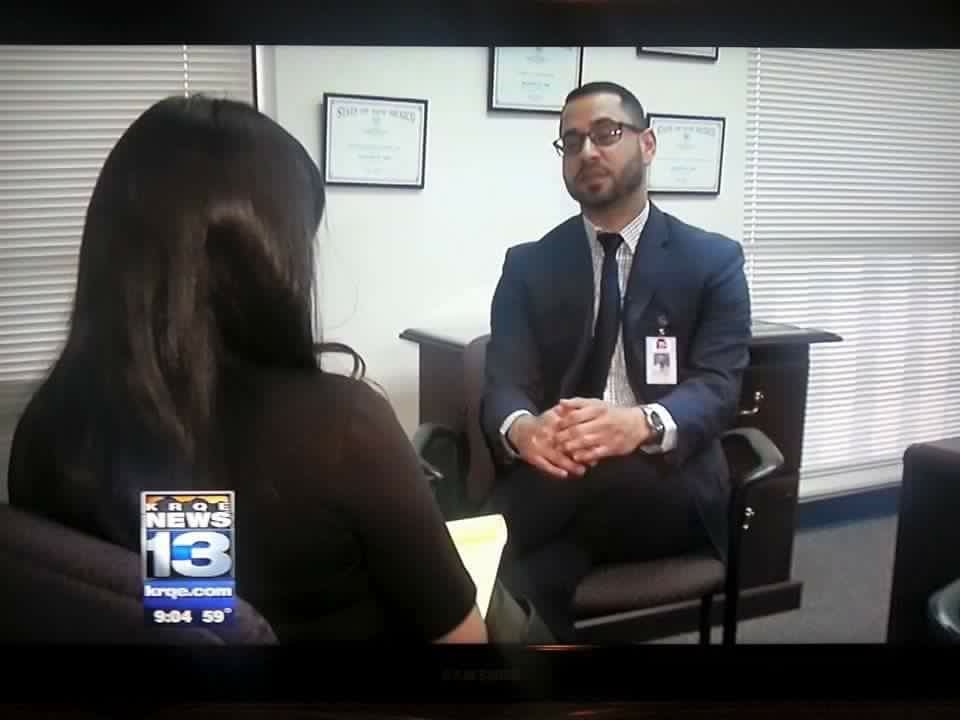
As the leader of a state authorized charter school, what aspects of the way charter schools are managed work well for you? What parts are in need of improvement?
I appreciate the help we have had from the NMPED’s bureaus and divisions, especially given the situation I inherited. It is not always easy to demonstrate to the NMPEC (Public Education Commission) the tremendous amount of work we have done and continue to do. However, we are most appreciative of the opportunity they’ve given us to prove that we can truly rise from the ashes.
The reporting requirements instituted by the CSD (Charter School Division) have reached an all-time high, so much so that school leaders are sometimes forced to sacrifice the real work of leading a school with hours upon hours of reporting EVERY facet of the school. I will say, however, I am optimistic about CSD’s new leadership, both of whom have previously led charter schools.
If you could wave a magic wand and change one thing about education in New Mexico, what would that be?
I only can hope that education leaders and policy makers always look closely at the real issues impeding our progress. A great start may be truly listening to the voices of educators across our great state. Of course, I have an opinion about issues, but whoever is Secretary of Education is ultimately the one to navigate.
I would love to see education in New Mexico become more modern and practical through digital and project based learning as well as career technical education. Early literacy intervention is imperative, and I feel the PED has recognized this, but perhaps their vision is a bit tunneled. Above and below the line funding has to be rethought. District and school leaders should be trusted – and held accountable – to implement initiatives to increase academic achievement for the students they know best.
Now our toughest question of all: if you could only take one type with you to a deserted island for the rest of your life, would you be taking red or green chile with you – and why?
I would definitely choose to take red chile (from Los Cuates, Little Anitas, or my mom) with me to live happily-ever-after on a deserted island. The animals and insects I managed to catch would be smothered; turning them into genuine delicacies!
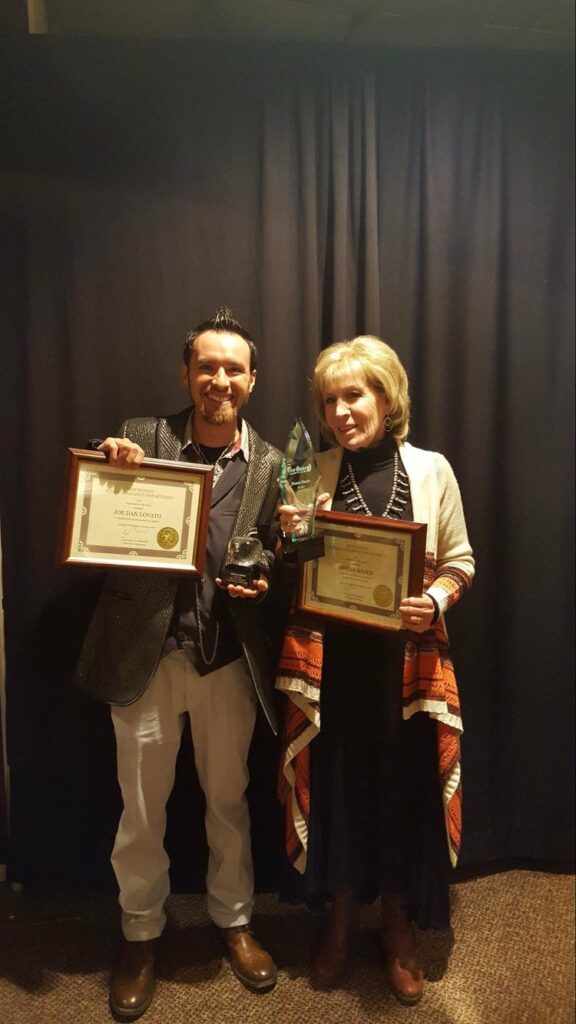
As a family person yourself, you know how important family support is for students. What do you say to families about the best ways to support both their students and teachers to encourage a strong working relationship?
Both my parents are educators. My mother Miss Jeanette Garcia teaches pre-k in Roy, NM and is close to retirement. My father Coach Jose Lovato recently retired with almost 30 years in education. Though they have been separated for some time now, they have always been supportive and very encouraging of my dreams.
I also owe a great deal of my who I am to my grandparents; they were critical in my upbringing. My grandfather, and “cowboy legend”, Levi Garcia didn’t have much of a formal education and worked his fingers to the bone to find great success. Although he loved what he did, and was darn good at it, he valued a formal education. He wanted his kids, grandkids, and great-grandchildren to finish school and receive the education that he never had. Since I was a young man, my grandpa would always remind me that an education would allow me to work with my mind. Though he has since passed on from this life, this is where the root of hard work was instilled into me and where the constant quest for knowledge began.
As an educator, consistent, positive communication is key in all settings. The responsibility of education is 50% the school and 50% the family. We are both, however, 100% responsible for the love and compassion required to make such a great impact on these young individuals as well as on one another.
All our families have dreams and goals and deserve a fair opportunity to experience success and test their capabilities. When communicating both sides must be honest and have common ground on goals that should be achieved and monitored. Opportunity for parents and students to partake in such a relationship should be offered by the school as much as possible.
Lastly, and crucially, are you a red or green person?
As a native New Mexican, I do enjoy Christmas from time to time, however, I am a proud green snob. Green chile on everything please!



